Graham Reid | | 2 min read
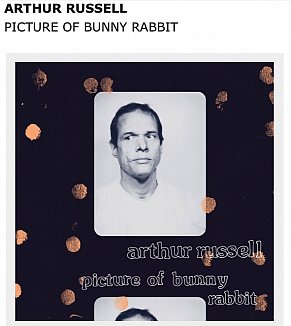
In 1992 the Point Music label, founded by New York contemporary classical composer Philip Glass, launched itself with John Moran's opera about Charles Manson's murderous “family”.
“In hindsight, probably a mistake,” laughed Point's Rory Johnston in Auckland two years later for Jaz Coleman's Us and Them:Symphonic Pink Floyd concert, subsequently recorded with the London Philharmonic Orchestra for Point.
The label had also released Glass' Low Symphony based on the music of David Bowie and Brian Eno, the Brazilian group Uakti playing handmade instruments and Gavin Bryars' Jesus Blood Never Failed Me Yet with Tom Waits, a re-recording of a mesmerising work on Eno's Obscure label.
All small sellers although, to be fair to the largely indifferent public, these artists were – in the deathless words of Spinal Tap manager Ian Faith – being “selective about their audience”.
Most interesting was Another Thought in 94 by the New York downtown polymath Arthur Russell, a classically trained cellist, “but we had no spokesperson for it,” said Johnston.
Russell had died of Aids-related illnesses two years previous.
Iowa-born Russell's musical scope is too diverse to be defined by that album of voice and cello: he'd studied Indian classical music at the Ali Akbar Khan School in San Francisco; performed with poets Allen Ginsberg and Ann Waldman; in New York fell in with the avant-garde of Glass and friends; embraced bands like the Modern Lovers and Talking Heads (whom he almost joined when they were a fledgling trio); played in rock groups and hung out in the disco scene.
He recorded dance singles, experimental pop and electronica – “thousands of tapes,” according to Johnston – but his most unexpected posthumous release was the folk-country album Love is Overtaking Me in 08, one song written for Randy Travis.
You could take the boy out of Iowa but you couldn't . . .
Russell has regularly reemerged through the biography Hold On To Your Dreams, the documentary Wild Combination (at New Zealand film festivals in 07), posthumous releases and remixes.
A new Russell album of previously unreleased material has arrived in a terrible cover and a misleading title, Picture of Bunny Rabbit. The adorable-sounding title track is actually an abrasive, excoriating and seemingly abstract eight minute instrumental, more appealing to adventurous listeners than Art (Bright Eyes) Garfunkel fans.
By multi-tracking his vocals into a haunting echo with cello, keyboards and guitar, Russell created songs and instrumentals which often seem half-formed, like working ideas for a contemporary dance group or an underground film.
But there's indelible intimacy to Not Checking Up, the scratchy Telling No One and Very Reason, pieces with barely decipherable vocals weaving through the scrapes of cello and effects.
The Boy With a Smile is a slippery, beat-less pop song unattached to pop structure.
Picture of Bunny Rabbit isn't an easy album but it's another insight into Russell's prismatic diversity, more avant-classical No Wave than indie-pop New Wave.
“Arthur could never make up his mind,” says Steve Knutson who creates the posthumous albums out of the unreleased tapes for his label Audika, which picked up Russell after Point Music folded.
“He was always searching for something he couldn't find.”
.
Picture of Bunny Rabbit is available at bandcamp here.

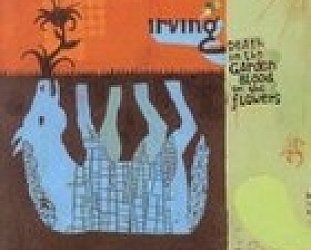
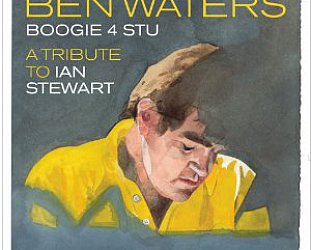
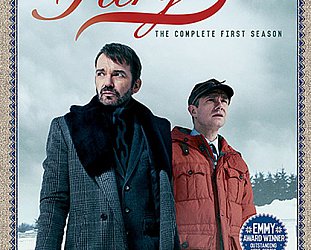
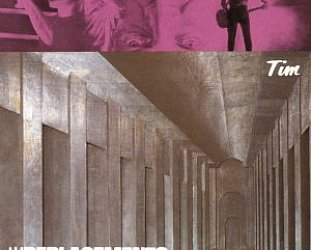
post a comment